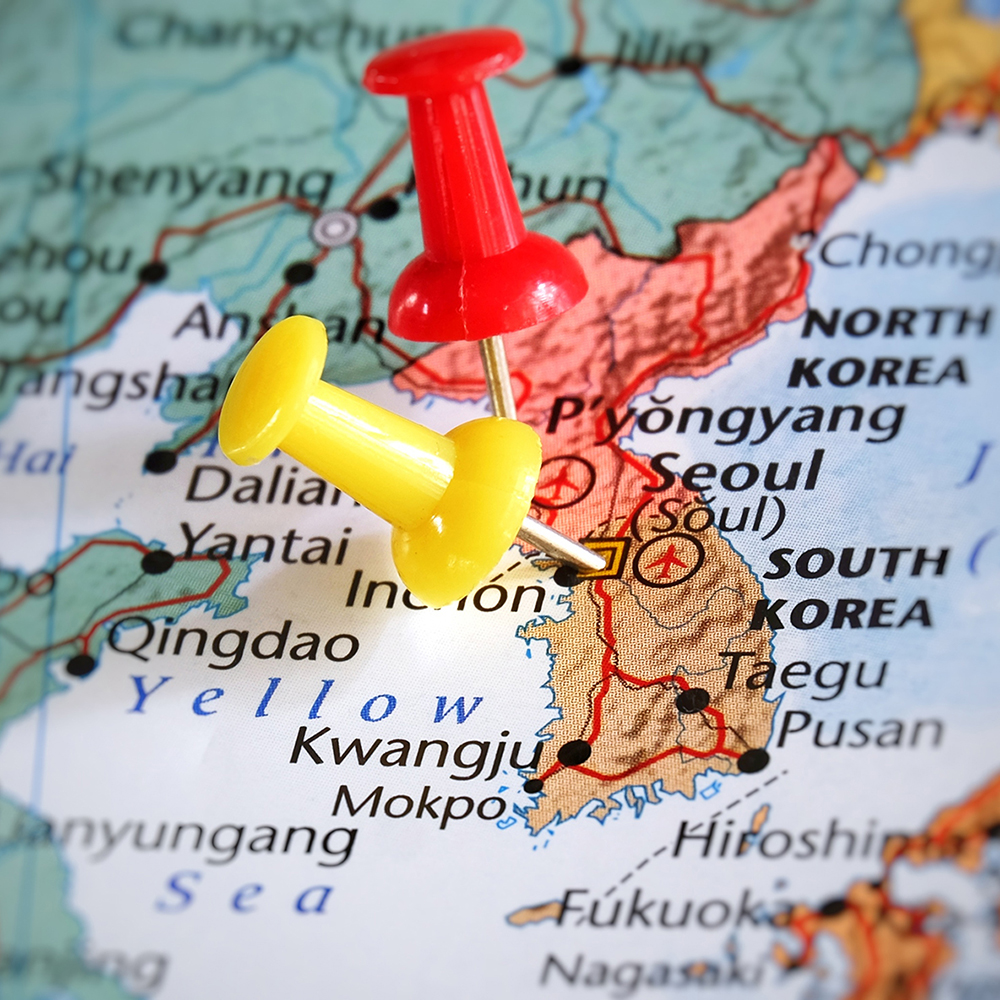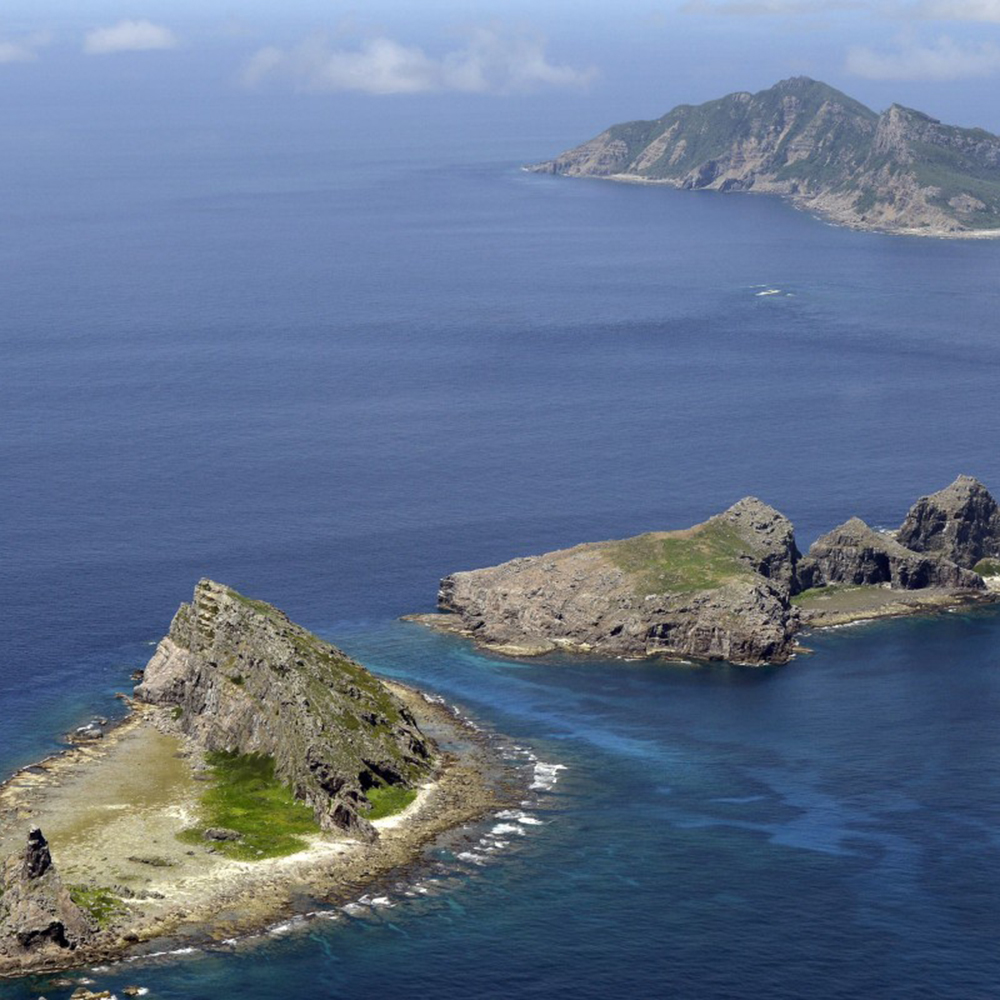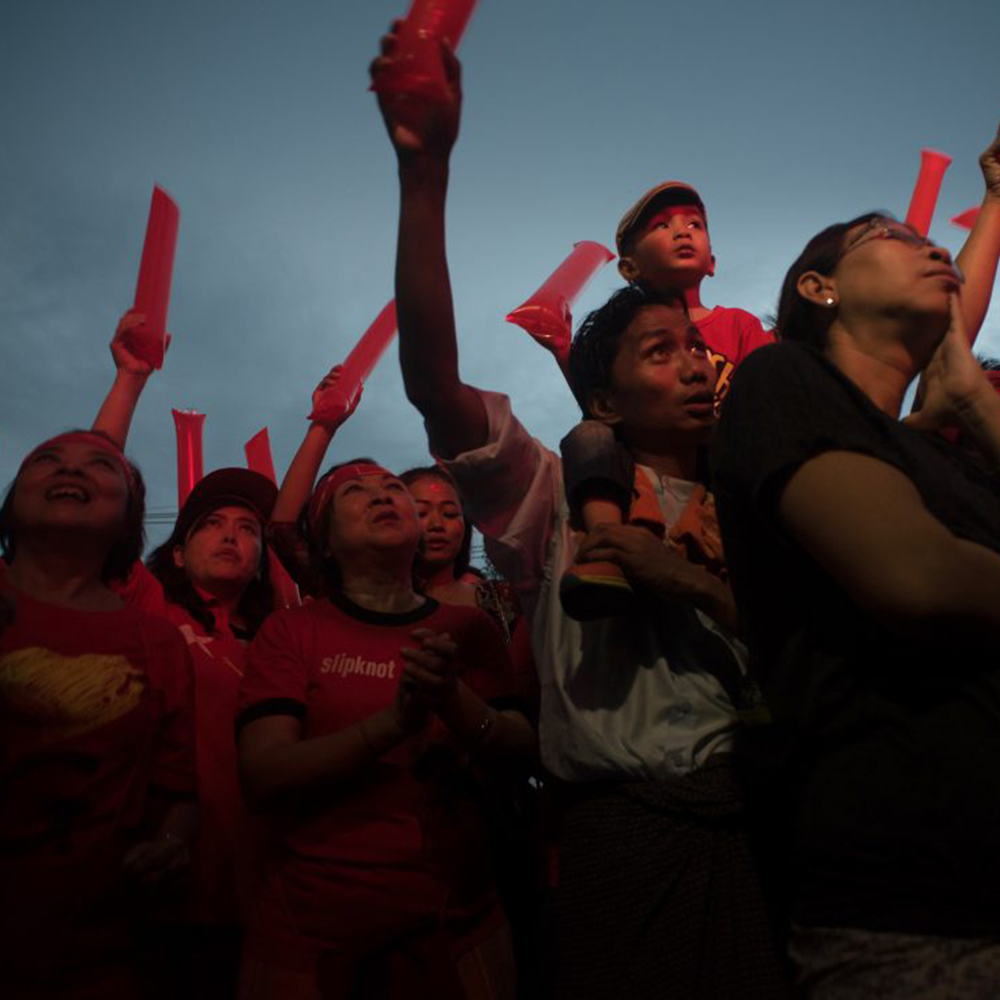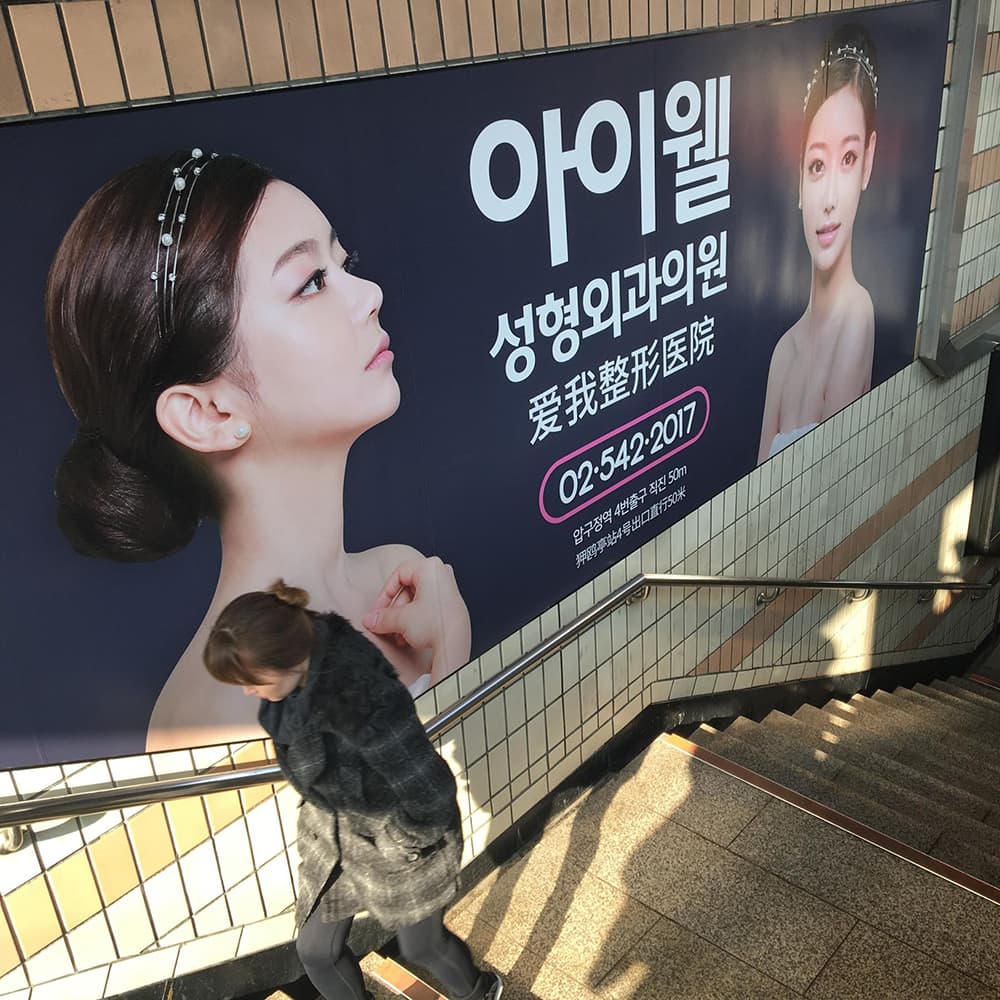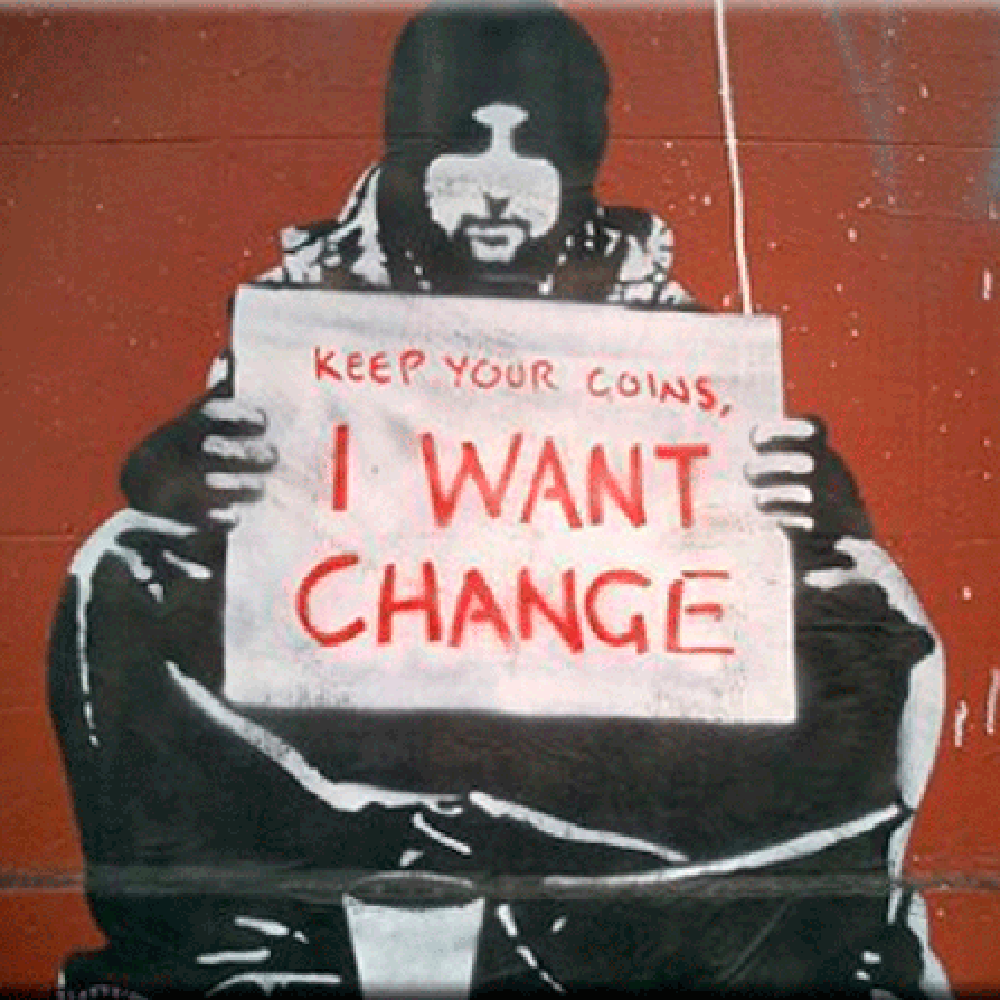2014. A Review of the Chinese, Russian, US and EU Strategies in the Korean Peninsula from 2006-2012, Journal of Northeast Asian Studies, 71/1: 323-346.
This study will look at the strategic relationships between China, Russia, the US and the EU as they relate to the Korean Peninsula, and at the rising and falling levels of trust between them. It is necessary, therefore, to start by defining more precisely what is meant by the term trust.This is a vague concept, as there are multiple ways of conceiving it. Nevertheless, if we are to accurately measure the level of trust between the different international actors in relation to the Korean Peninsula then we must find a way of defining it. In the field of International Relations, the existence of trust among two or more actors indicates “a willingness to take risks on the behavior of others based on the belief that potential trustees will do what is right.”
Read Article
2014. A Review of the Social, Cultural, Political and Economic Dimensions of the Senkaku/Diaoyu Island Dispute, with Betty Chemier. Journal of Northeast Asian Cultures, 39/1: 491-514.
This research will analyze the Senkaku/Diaoyu situation by looking at the relationship between the economic, political, social and cultural aspects of the dispute. The methodology used will be a review of various American, Japanese, Chinese and Korean authors that have written on the dispute. This literature review will allow us a more accurate assessment of the economic, political, social and cultural phenomena that influence the territorial dispute. Finally, this paper will contribute to the literature on the dispute through a discussion on the relationship that exists between the different dimensions, and particularly how each dimension influences the other. Economically, the expected reward is the oil and gas that is believed to be in the disputed area. However, we also find that as tensions over the islands rise, trade relations between the two countries are negatively affected. The need to preserve the economic benefits of trade stops the conflict from ever escalating beyond a certain point. The political relationship has been following a similar dynamic. Despite the use of acrimonious rhetoric, both countries proved willing to co-operate politically whenever the long term relationship was at risk. This leads us to conclude that the bilateral political relationship is largely at the service of the economic and trade relationship that exists between the countries. Yet, from this review, it is clear that what has most contributed to keeping the dispute alive are social and cultural factors and the impact they have on the domestic politics of both countries. Reviewing the economic and diplomatic aspects of the dispute, we often noted that patriotic sentiments have a strong impact on the development of events. The islands are a nationalistic symbol for conservatives in both countries, where politicians often use this symbol for their own domestic political advantages.
2014. Democratization and Good Governance in Myanmar/Burma, with Amit Arora. Journal of Corruption Studies, 19/1: 211-234.
This paper looks at the current changing dynamics of politics in Burma. The paper will investigate what steps have been taken to strengthen and foster its economic, political and civil society. The dramatic political reforms occurring in Burma today, such as the new constitution and the recent elections, are the first tentative footsteps being taken toward democracy after more than 60 years of independence. We will seek to answer the question: what new doors of good governance are being opened for Burmese citizens? According to the United Nations Economic and Social Commission for Asia and the Pacific, good governance is a governance ideal that is founded on 8 major characteristics.
2015. Embodying Progress: Aesthetic Surgery and Socioeconomic Change in South Korea. East Asian Science, Technology and Society (EASTS), Duke University Press, 9/3: 29-49.
Since the early 1960s South Korea has had one of the fastest-growing economies in the world. These developments have had a deep impact on the structure of society, but what impact have they had on the body? This article examines the relationship between such rapid socioeconomic transformations and the changes in uses and perceptions of the physical body among Koreans. This article uses a phenomenological theoretical framework to look at the narratives of embodiment of young Koreans that have had experiences with aesthetic surgery. The research examines the hypotheses that (1) the rapid transformations occurring in the South Korean economy are partly enabled by a specific ideology—a kind of ideology of progress in which economic productivity is valued above other aspects of everyday life, and (2) this ideology is articulated in the way individuals view and manage their bodies. In particular, it is evident in the embodied practices of Korean youths, such as the relatively recent popularization of aesthetic surgery. Thus, through surgical technologies the body is made to be more economically “productive” and may better contribute to the progress of the country as a whole.
2017. The Case of a Social Movement that Does Not Move: Alter-globalization in Southern Europe. Mediterranean Review, 9/3: 40-68.
This paper introduces the politics of the Alter-globalization movement in Greece, Spain, and Italy through a series of interviews and vignettes from the field, and locates the movement within the broader socio-political spectrum. The movement is found to have an uneasy relationship to power due to a paradox between its rhetoric and the actual material interests of its adherents. The paper also explores the relationship between activists and society and finds that the movement occupies a ritualistic and liminal space. It is concluded that this dynamic risks undermining civic participation in democratic processes.
